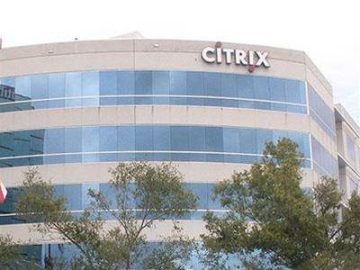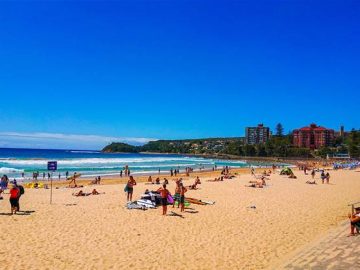A hearing on whether X is breaching the law by enabling Australians to view 65 tweets containing the stabbing of a Bishop in Sydney’s south-west through virtual private networks (VPN) has been set for May 10.
X Corp’s San Francisco headquarters. Source: Elon Musk’s X account.
If the Federal Court rules that geofencing the content does not amount to blocking it, X could face a $782,500 fine for each day it allowed the content to be accessible, backdated to April 16 when the eSafety commissioner ordered the removal.
Siding with Australia’s online safety watchdog for now, Justice Geoffrey Kennett extended a court order to remove the 65 posts from X’s entire global platform.
Only posts identified in eSafety’s original takedown notice apply; it is not a rolling order.
At a second pre-hearing on Wednesday, X’s counsel Marcus Hoyne was unsuccessful in arguing that the injunction should be thrown out.
Hoyne revealed an affidavit from the victim in the video, Bishop Mar Mari Emmanuel, opposing the footage’s removal. Hoyne also repeated the company’s position that blocking Australian IP addresses from the footage was compliant with the order.
eSafety commissioner Julie Inman Grant has argued that because geofencing can be easily circumvented, X has not met the removal requirements as defined by the Online Safety Act.
An affidavit filed by eSafety general manager Toby Dagg noted that one of Musk’s tweets encouraged users to access the platform through VPNs to evade restrictions.
“To ensure that you can still access the X platform, download a virtual private network (VPN) app,” he said earlier this month.
Overturning the VPN loophole is unprecedented
The failure of ISP-level blocking to stop users from viewing the 2019 livestreamed Christchurch massacre on sites hosting it through VPNs was a precursor to the drafting of the Online Safety Act; the law became effective in early 2022.
To address the VPN loophole, the Act granted the watchdog powers to issue removal notices to entities across the entire content supply chain.
The eSafety commissioner can penalise users for posting content, platforms and sites for publishing it, hosting and domain services providers for keeping them online and content delivery network services for hiding where the content is hosted.
Authorities have turned a blind eye to Australians using VPNs to access information about public interest matters when court orders have suppressed reporting on them in several cases.
Contrary to X, tech giants have faced criticism for helping governments close the VPN loophole in the past, including Apple when it took VPNs off its app store in China.
However, by choosing content depicting the declared terrorist incident to set a precedent that could overturn the VPN loophole, eSafety has garnered bipartisan support.
Labor, the Coalition and the Greens have expressed solidarity with eSafety for pushing for the global removal of the video, which an affidavit that the Australian Federal Police filed said posed “a real risk” of encouraging people to “join a terrorist organisation”.
Mirroring Musk’s own binary framing, the three parties have represented eSafety’s case against X as a debate between unregulated user content generation and responsible moderation, ensuring policymakers don’t cast social media monopolies themselves as the root cause of disinformation and hate speech.
Prime Minister Anthony Albanese told ABC television on Monday that “we’ll do what’s necessary to take on this arrogant billionaire who thinks he’s above the law but also above common decency.
“The idea that someone would go to court for the right to put up violent content on a platform shows how out of touch Mr Musk is.”




